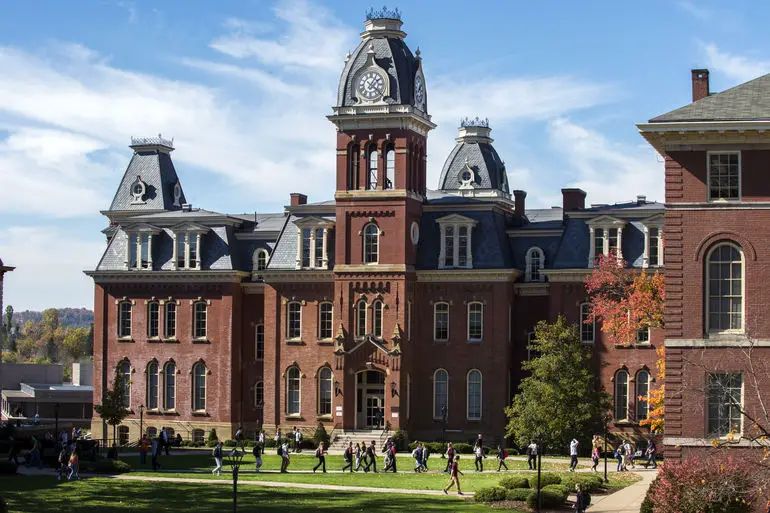West Virginia University (WVU) researchers received a $3,000 fellowship grant to continue their research on how anti-Semitism can transpire in populations without Jewish residents.
William Brustein and Luke Gramith, both professors at the university, received the grant from the West Virginia Humanities Council.
For Brustein, who is Jewish himself, the motivation for the research is personal.
“I was born right after the Second World War, and so, the history of the holocaust loomed large in our family and from early on, I just wanted to come to a point where I could make sense of what had happened during that period,” he said.
Roots of Hate
The two researchers will study three cases to further understand how race-based hatred can occur among groups that have never encountered people they claim to detest.
For example, one case looks at an 1893 German election where three anti-Semitic candidates were elected in the Saxony region despite it not having Jewish residents.
The three case studies were selected because they displayed shared demographic and anti-Semitic aspects but have different electoral results, with one candidate doing well despite the divisive campaign while the other two failed.
“We really need to understand what motivates individuals to develop such intolerance, such anger, such hatred towards others who they perceive — whether they have religious differences, racial differences, ethnic differences — so, yes, this has really put fire under my work or under me to get this moving forward. No doubt,” Brustein said.
Michael Hechter, a political science professor who serves as Brustein’s mentor, asserted that this study would be important as race-based movements — whether celebrating or rejecting intolerance and discrimination — are happening around the globe.
“It’s a phenomenon that seems to be spreading and that may have some deleterious effects certainly to democratic societies. So, I would say it’s the threat to democracy that makes this a particularly important subject to look at,” Hechter said.

